
The Power of Hawthorn (Genus Crataegus): A Natural Ally for Heart and Cholesterol Health
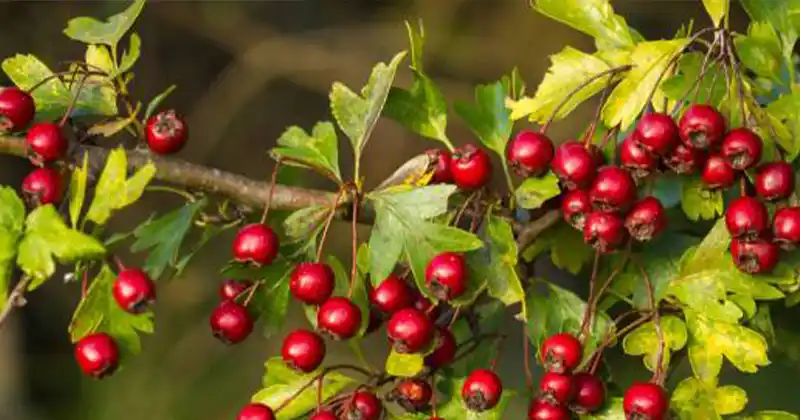
Hawthorn (Crataegus spp.) is a small, thorny shrub whose leaves, flowers, and bright red berries have been used for centuries in traditional European and Chinese herbal medicine. Though modest in appearance, hawthorn is renowned for its ability to support the cardiovascular system, strengthen circulation, reduce cholesterol, and provide strong antioxidant protection.
Modern research continues to validate what many cultures have known for generations: hawthorn is one of nature’s most dependable herbs for long-term heart health.
Top Benefits of Hawthorn

1. Supports Healthy Heart Function
Hawthorn is best known for improving how efficiently the heart pumps. It helps enhance oxygen delivery throughout the body, especially in individuals with mild heart weakness.
2. Helps Regulate Blood Pressure
Its natural vasodilating effects relax and widen blood vessels, which may reduce high systolic blood pressure and ease circulatory strain.
3. Enhances Blood Circulation
By strengthening heart contractions and improving blood flow, hawthorn helps deliver oxygen and nutrients more effectively to all tissues.
4. May Improve Cholesterol Levels
Though not a replacement for medical treatment, hawthorn can help reduce LDL (bad) cholesterol and triglycerides while supporting higher HDL (good) cholesterol.
5. Protects Arteries and Veins
Rich in flavonoids and OPCs, hawthorn strengthens blood vessel walls, promotes elasticity, and reduces the risk of plaque buildup.
6. Fights Inflammation
Its anti-inflammatory properties may ease cardiovascular strain and support long-term heart wellness.
7. Potent Antioxidant Support
Hawthorn’s antioxidants neutralize free radicals and help prevent oxidative stress and age-related cellular damage.
8. Eases Mild Chest Tightness & Palpitations
Traditionally, hawthorn has been used to calm mild angina and occasional heart fluttering. (Serious symptoms require medical attention.)
9. Emotional Heart Support
Folk medicine regards hawthorn as a tonic for emotional healing, grief, and stress-related tension around the chest.
10. May Reduce Anxiety & Improve Sleep
By calming the nervous system, hawthorn can help reduce mild anxiety—especially when related to a racing heartbeat.
How to Use Hawthorn
1. Hawthorn Tea (Leaves, Flowers, or Berries)
-
Use 1–2 tsp dried hawthorn per cup of hot water
-
Steep 10–15 minutes
-
Drink up to 2–3 cups per day
A gentle, long-term method for overall heart support.
2. Hawthorn Tincture
-
30–40 drops (1–2 mL) up to 3× daily
-
Take under the tongue or mixed with water
Best for faster absorption or for anxiety-related heart symptoms.
3. Capsules or Tablets
-
Standardized 250–600 mg
-
1–2 capsules up to 3× per day
Follow product instructions or professional guidance.
4. Hawthorn Berry Powder
-
1 teaspoon daily
-
Add to smoothies, yogurt, or oatmeal.
5. Combined Formulas
Often blended with:
-
Garlic
-
CoQ10
-
Magnesium
-
Other cardiovascular herbs
These combinations enhance synergy.
Safety & Precautions

-
Hawthorn may interact with heart medications (digitalis, beta-blockers, antihypertensives).
-
Consult your healthcare provider if you have any cardiovascular condition.
-
Avoid during pregnancy or breastfeeding unless supervised by a professional.
Final Thoughts
Hawthorn is more than a hedgerow plant—it’s a time-tested heart tonic backed by traditional use and modern science. Whether you want to support circulation, balance cholesterol, or nourish long-term cardiovascular wellness, hawthorn is a gentle but powerful ally.
News in the same category


The Hidden Power of Male Papaya Flowers – Benefits and How to Use Them
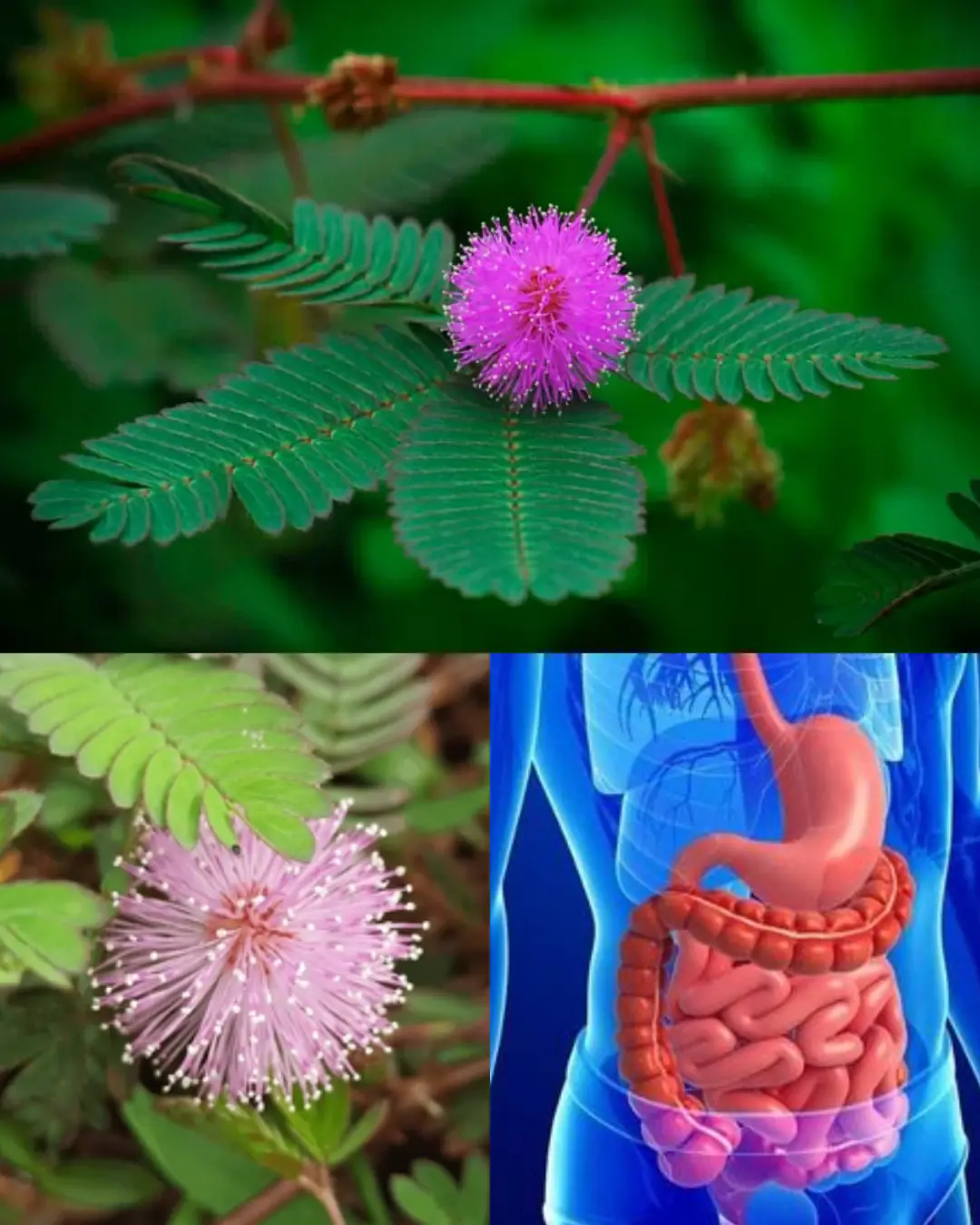
The Hidden Power of Mimosa Pudica: 30 Benefits and Homemade Uses

This Plant Is Tastier Than Meat! 8 Reasons to Keep It in Your Garden

Walnuts Feed Your Microbiome: The Small Superfood That Transforms Your Gut and Your Mood

White Clover (Trifolium repens): 15 Benefits and Homemade Uses

Avocado Seeds: The Overlooked Nutritional Power Inside the Fruit

Here’s the secret why everyone puts avocados on the fire!
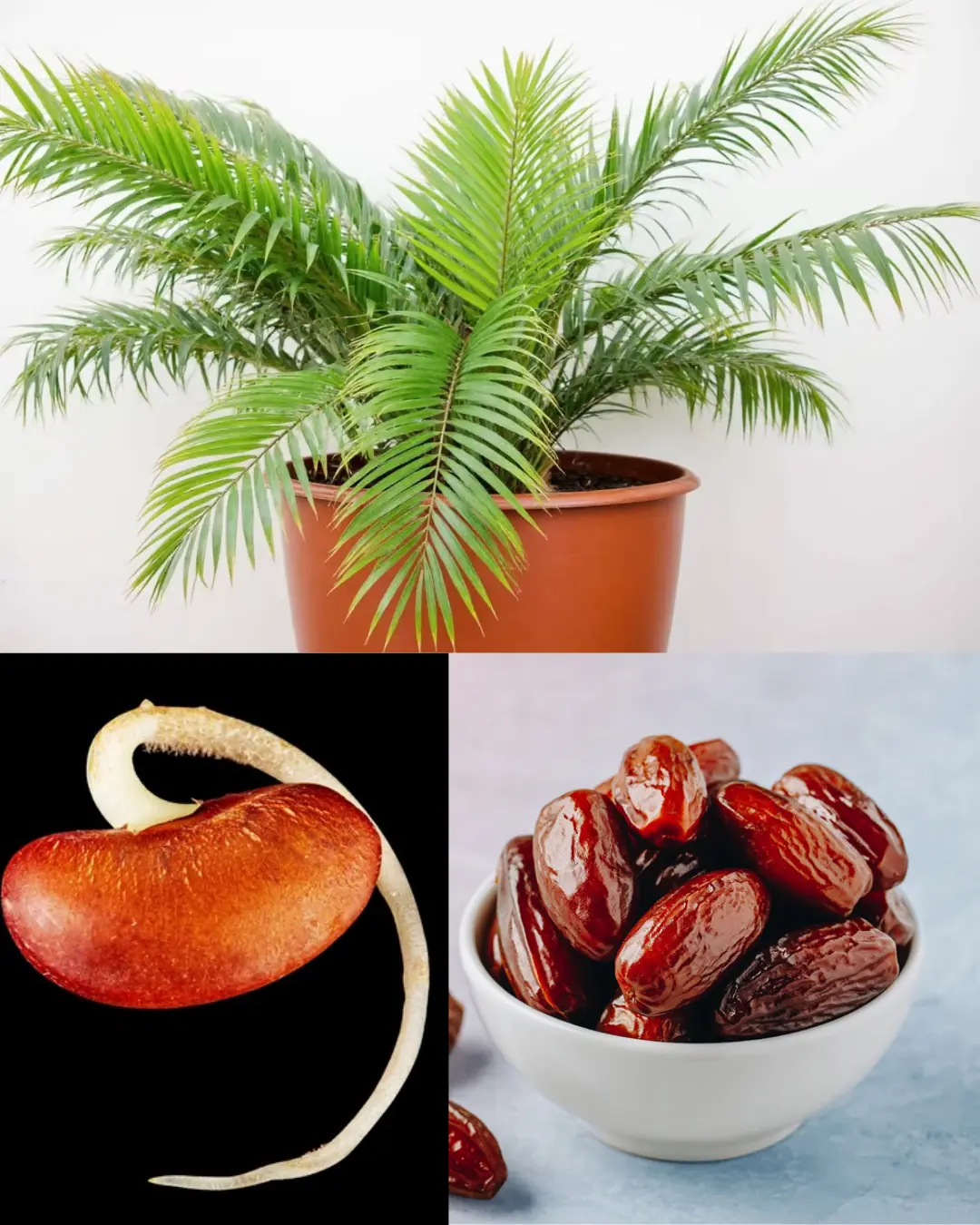
Grow Date Trees From Seed (Start in a Pot → Plant Outdoors): The Complete, No-Stress Guide
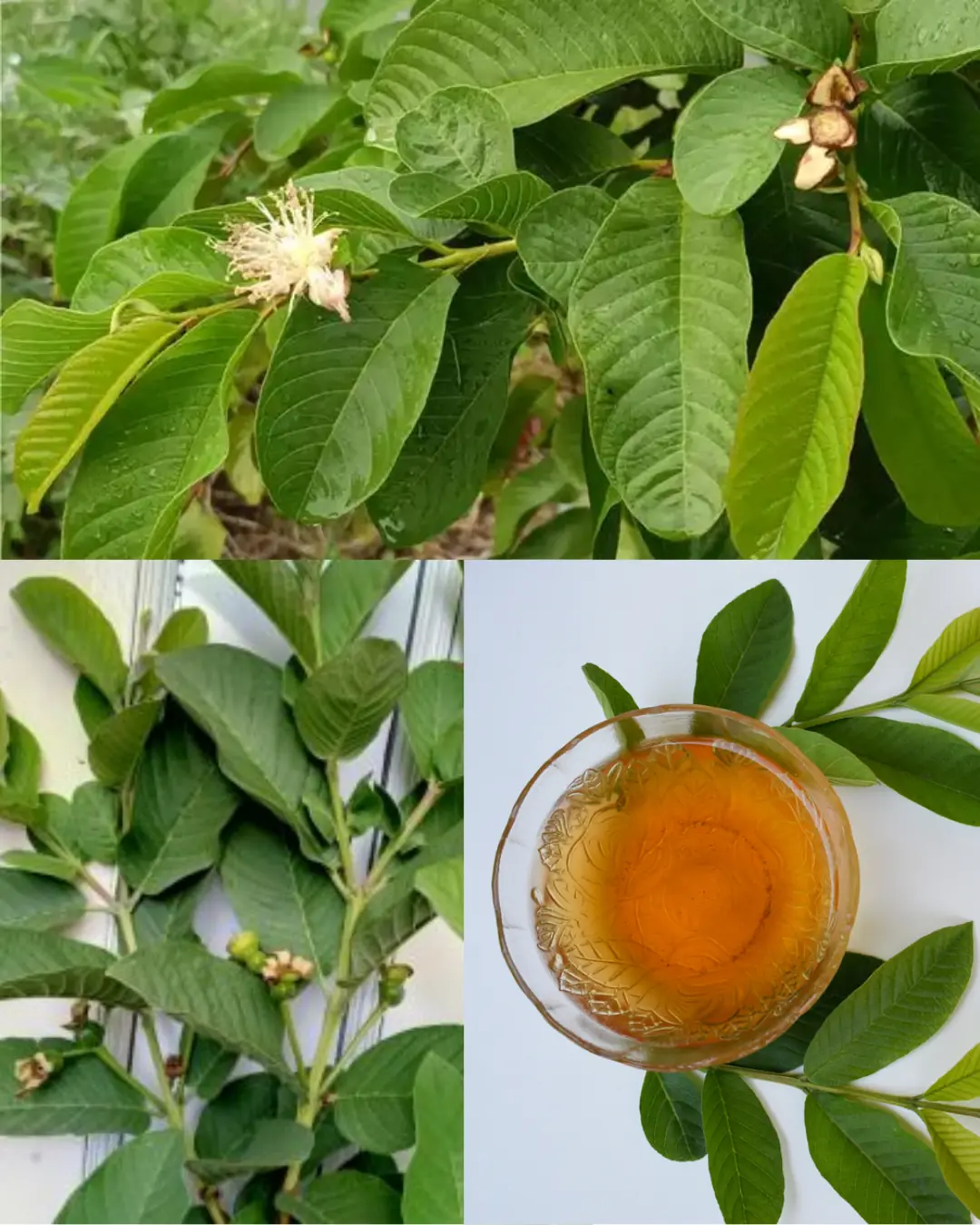
Guava Leaves for Blood Sugar Control: Nature’s Gift for Diabetics
The Versatility and Benefits of Orange Peel Powder

7 Vegetables You Can Buy Once and Grow Forever

How Do Farmers Grow Avocado Trees

Top 12 Health Benefits of Calendula officinalis

Cloves and Onion: An Ancient Remedy with Modern Benefits

Maximize Your Vegetable Garden’s Health and Yield with Eggshell Magic
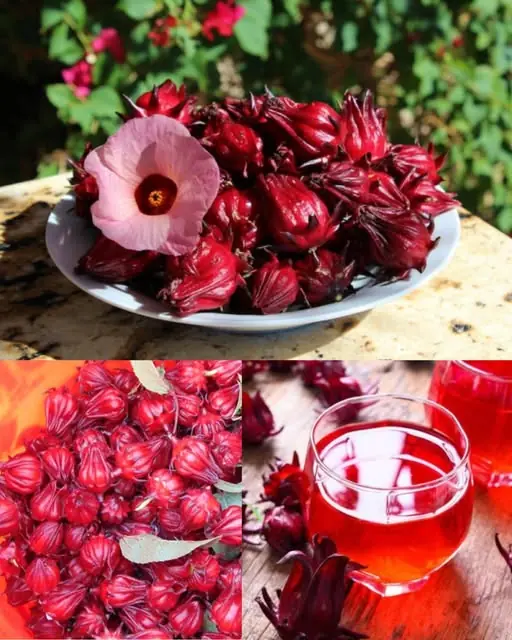
Roselle: The Scarlet Herbal Treasure with Powerful Health Benefits

The Hidden Power of Mango Seed

Yarrow: A Timeless Herbal Ally with Amazing Health Benefits
News Post

Nurse Promises Not to Laugh at This Man’s Problem

What Your “Odd Animal Out” Choice Says About You

As he nears 100, Dick Van Dyke, 99, makes a touching confession about his life
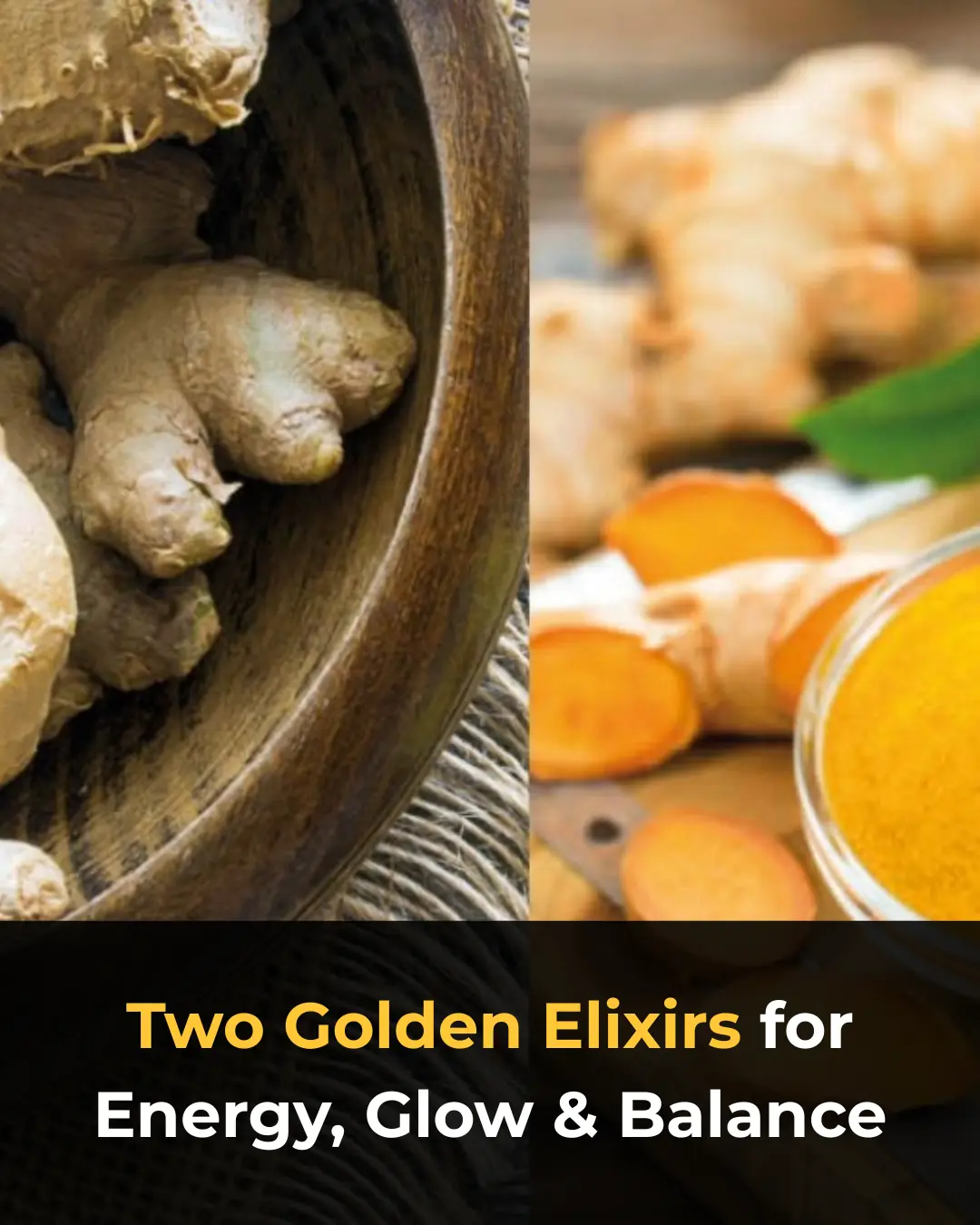
Two Golden Elixirs for Energy, Glow & Balance

The Real Benefits of Mixing Lemon with Activated Charcoal

The Surprising Healing Power of Onion Milk

Increase Breast Size Naturally

Beetroot: 3 Simple Recipes + 10 Powerful Health Benefits

A Small Refrigerator Button Can Save You Hundreds on Your Electric Bill: Most People Don’t Know

AVOID Ginger If You Have THESE Health Problems

Magic Eraser can be used for almost anything, but here's what you didn't know

Why You Shouldn’t Keep Doors Fully Closed When Using Air Conditioning

12 medications you should never mix with coffee

8 Foods That Fight Cancer – Add Them to Your Diet Regularly

What Health Conditions Can Garlic Soaked in Honey Help With?

How to Make Steamed Pear with Rock Sugar — Delicious, Comforting, and Packed with Nutrition

Headache Above or Behind the Left Eye: Causes and Treatments

Using a Water Heater? Making These 3 Mistakes Is Like “Flirting With Death”!
